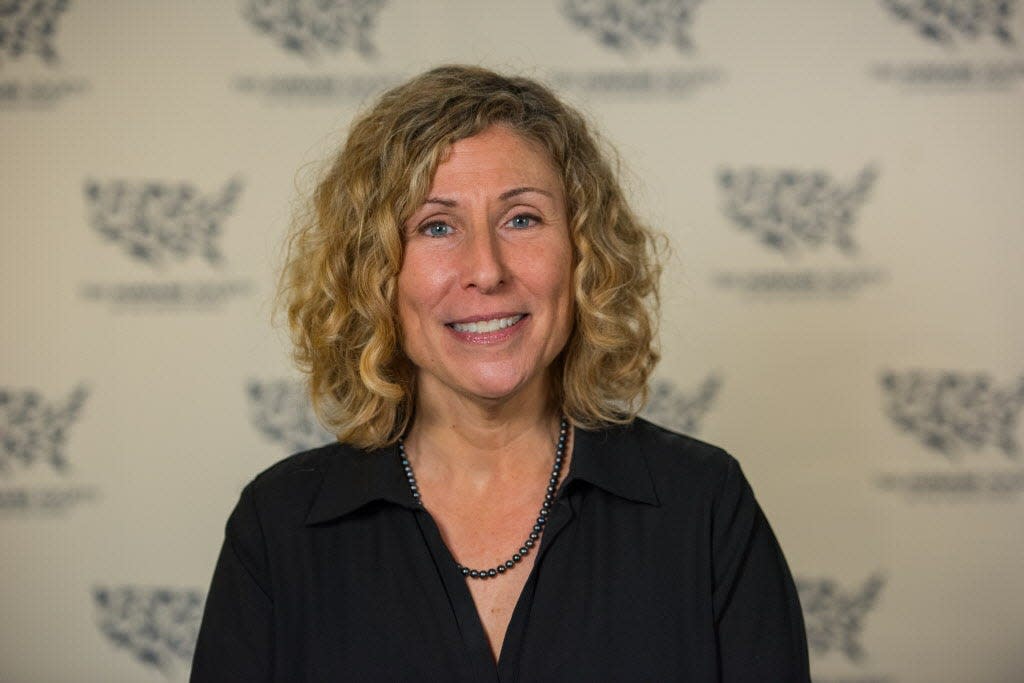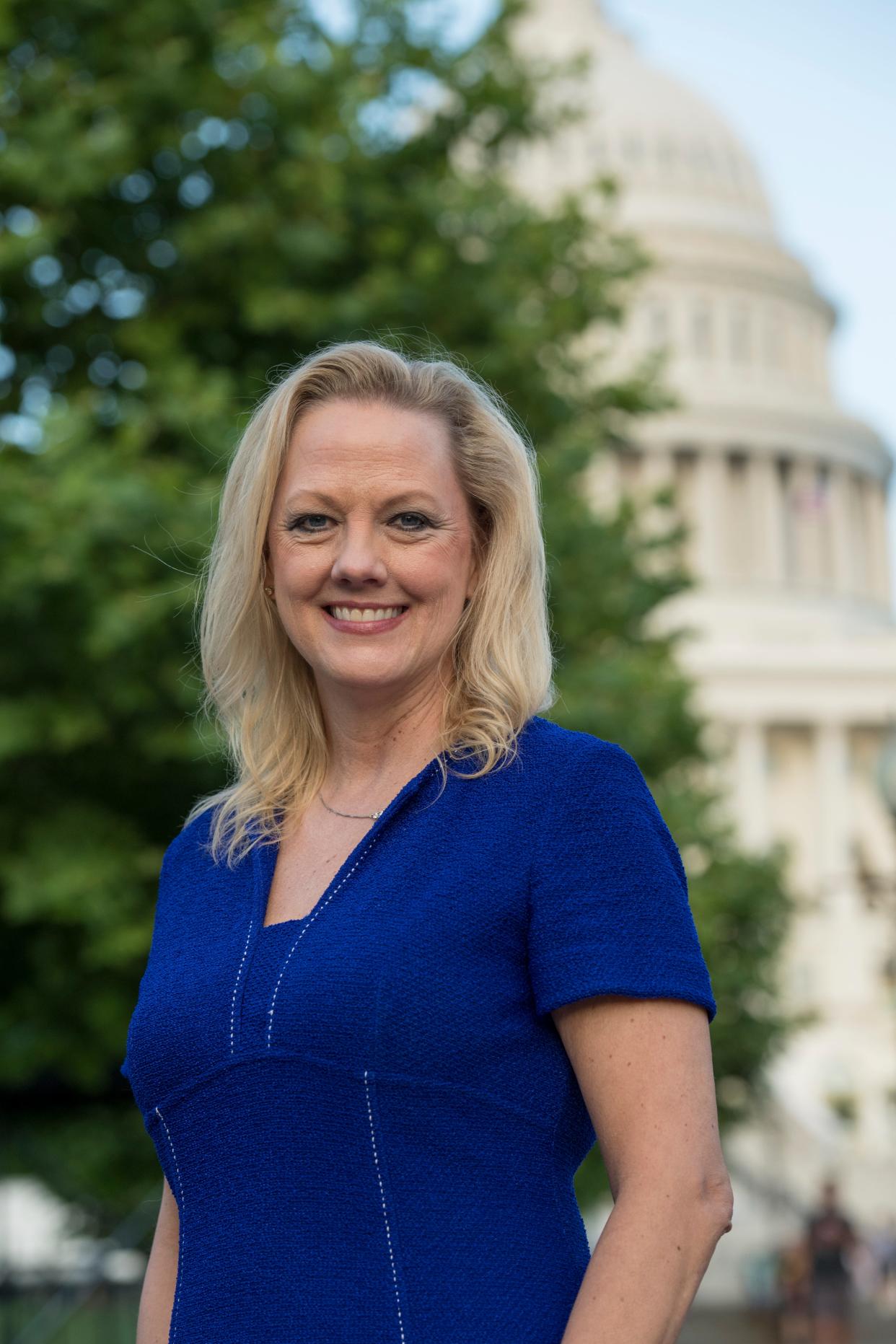On animal welfare, Tom Vilsack is falling woefully short
Nearly three years into the Biden administration, whatever hopes humane advocates had for a strong animal welfare commitment within the U.S. Department of Agriculture have all but passed from memory. This consequential agency, with broad regulatory and enforcement powers, has badly underperformed, and animals are suffering as a result.
This judgment rests most palpably on data indicating that under Secretary of Agriculture Tom Vilsack, the USDA’s Animal and Plant Health Inspection Service team has been unremittingly weak in its response to violators of the Animal Welfare Act, including puppy mills and roadside zoos. Violations range from animals living in filthy conditions to animals receiving inadequate veterinary care. For fiscal year 2022, USDA reviewed 262 cases involving violators but pursued just several dozen enforcement actions beyond simple warnings. Of the more than 13,000 USDA-licensed and regulated facilities, a mere seven saw their licenses revoked or suspended, and to our knowledge the agency did not confiscate a single suffering animal from any institution. Statistics from the two previous years were no better.
Then there was the outrageous case involving the mistreatment of over 4,000 beagles bred and raised for animal research at a Virginia facility owned by the laboratory contractor Envigo. Not only did the USDA fail to address in a timely manner numerous documented violations of the AWA at the facility, but the actions of high-ranking officials within the agency may have perpetuated these dogs’ suffering. USDA inspectors were reportedly directed to delete critical content from site reports and denied needed resources to support proper inspections, and one of the inspection team’s leaders was removed without explanation.
This raises serious questions not merely regarding the USDA but about the federal government’s overall approach to enforcing animal welfare laws. On multiple occasions since 1966, when Congress first charged the agency with administering the AWA, it has extended the USDA’s reach from animals in laboratories to those in puppy mills, roadside zoos, and transportation. The USDA has oversight concerning other animal welfare issues via the Humane Methods of Slaughter Act and the Horse Protection Act, as well as a number of statutes governing agriculture. That’s a lot, and the agency now seems overmatched. When it comes to enforcement in relation to violations at the kinds of operations described above, the USDA’s just not getting the job done.
This is not the kind of thing that requires a presidential order, or even a push from Congress. What it requires is leadership.
During Vilsack’s tenure as secretary from 2009 to 2017, the agency made some progress on animal welfare concerns, issuing rules to regulate large-scale dog breeders selling puppies over the Internet, prohibiting the slaughter of downed calves to protect the food supply and prevent inhumane handling and strengthening standards for animal welfare on organic farms.
This time around, Vilsack just doesn’t seem to have his heart in it, and the USDA doesn’t seem willing to give its best effort to enforce the most basic standards of animal protection. Especially in the aftermath of the Envigo scandal, the question all but asks itself: What will it take to get the USDA to do better?
There is an even more important question: Is it time to ask other federal agencies to help shoulder the burden of promoting animal welfare and enforcing the Animal Welfare Act? Given rising public concern for animals, it makes sense to consider a whole-of-government approach. That will make it easier to tackle animal cruelty more effectively.
The best first choice for additional responsibilities is the Department of Justice, which already has limited statutory authority to enforce the AWA. In recent years, the DOJ has taken decisive action in high profile cases involving animal exhibitors, dog dealers, and breeding facilities, and worked in close association with the USDA. It was the DOJ that secured the consent decrees under which Envigo relinquished the beagles mentioned above, and under which a commercial dog breeder in Iowa, who had amassed over 120 serious animal welfare citations in only six months, agreed to release over 500 dogs and puppies to the Animal Rescue League of Iowa. The DOJ has demonstrated that it is ideally positioned to work in close coordination with the USDA in select cases.
The Better Collaboration, Accountability, and Regulatory Enforcement for Animals Act, recently introduced in the House and Senate, would give the DOJ similar enforcement tools as the USDA, including the ability to rescue suffering animals from harm. Vilsack should welcome this legislation and its call for interagency cooperation between the USDA and DOJ. But its passage won’t solve the crisis of confidence that now besets the USDA. He’s got to do that himself.


Sara Amundson is president of the Humane Society Legislative Fund. Kitty Block is president and CEO of the Humane Society of the United States.
This article originally appeared on Des Moines Register: USDA under Tom Vilsack is falling short on animal welfare
